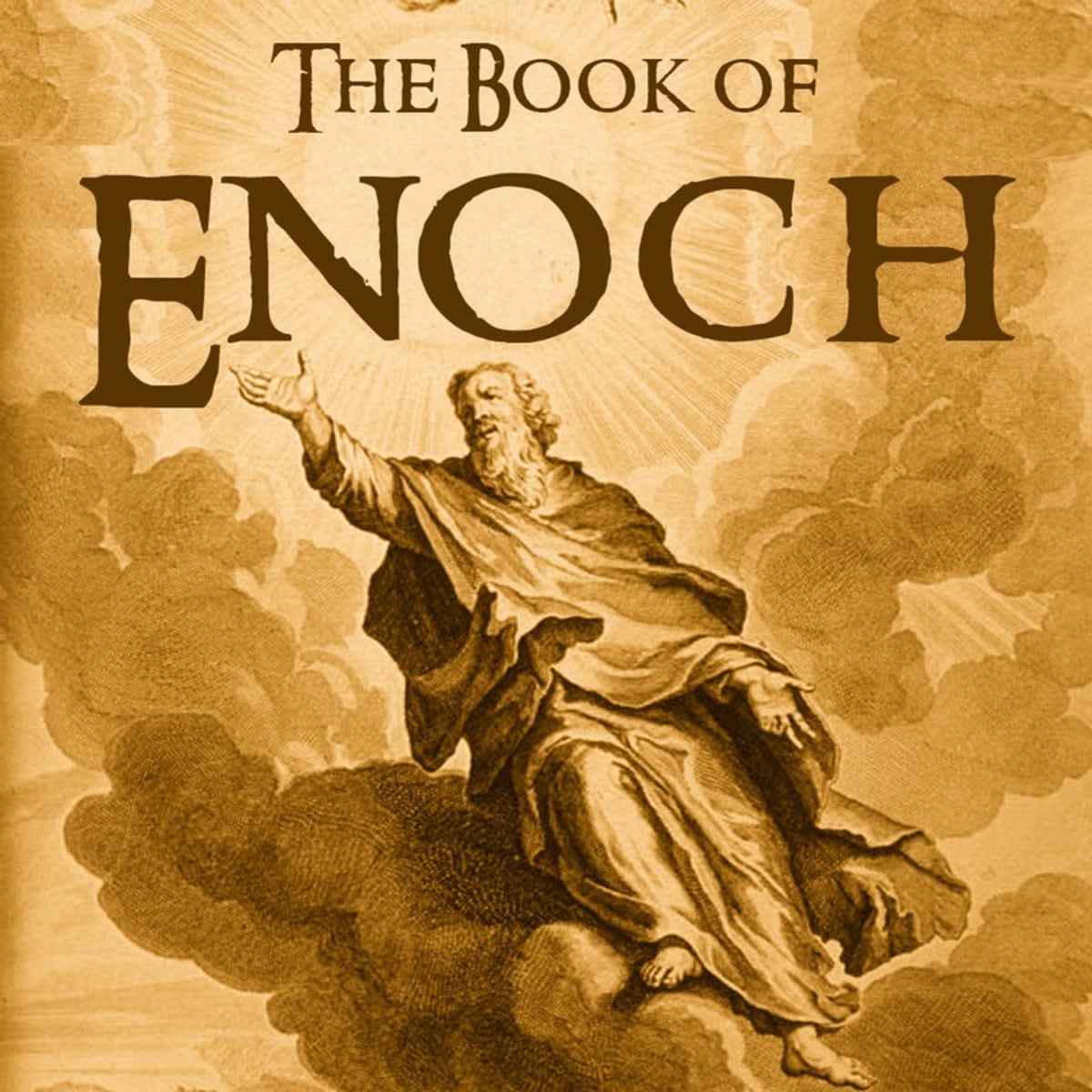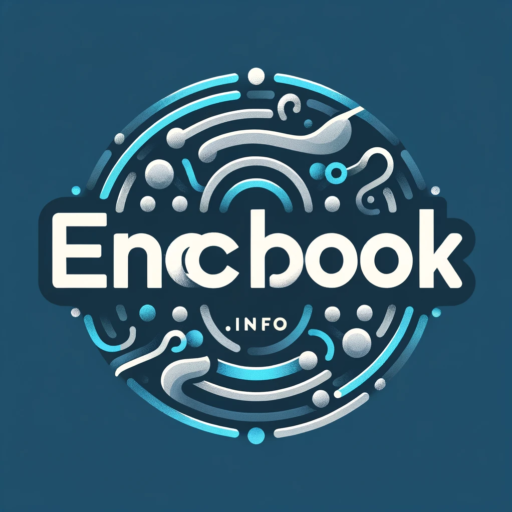- The Book of Enoch, though not included in the biblical canon, holds significant ties to the New Testament through thematic and direct references.
- Exploration of the Book of Enoch reveals connections with New Testament concepts such as the Son of Man, judgment, and the fallen angels.
- Scholars recognize quotes and allusions in the New Testament that are suggestive of Enochian influence, most notably in the works attributed to Peter and Jude.
- The treatment of Enochian themes such as eschatology and angelology in the New Testament reflects a complex interplay between early Jewish thought and emerging Christian theology.
- Understanding the links between the Book of Enoch and the New Testament offers a deeper insight into the interpretive environment of early Christian writings.
> READ MORE:
The Book of Enoch in Early Christian Literature
The Book of Enoch and the New Testament share a fascinating and intricate relationship that has captivated scholars and theologians for centuries. Although The Book of Enoch is not part of the established biblical canon, it undoubtedly influenced early Christian thought and theology. Understanding this ancient text helps to shed light on the origins and development of several key concepts that are now central to Christian belief.
The Influence of Enoch on New Testament Themes and Imagery
The Book of Enoch is an ancient Jewish work attributed to Enoch, the great-grandfather of Noah. Its themes of divine judgment, the coming of a messianic figure, and the nature of the afterlife resonate with Christian teachings. In the New Testament, passages in the writings of Paul, Peter, and especially the Book of Jude, suggest a familiarity with Enoch’s themes. The Book of Revelation, with its apocalyptic imagery and focus on eschatology, also contains parallels to Enochian literature, emphasizing the ultimate victory of good over evil.

Direct References and Allusions
The New Testament contains explicit and implicit references to The Book of Enoch. Jude 1:14-15 is perhaps the most direct, where it attributes a prophecy to Enoch. Similarly, 2 Peter 2:4 references the imprisonment of angels, an event described in detail in Enoch. These citations indicate that early Christian authors not only knew The Book of Enoch but accorded it some authority.
The Son of Man and the Righteous Judge
One of the most compelling connections between the two bodies of work is the concept of the Son of Man. This title, used frequently in the Gospels, particularly in the Book of Matthew, echoes the one given to a messianic figure in The Book of Enoch. Additionally, the notion of Christ as a judge of the world draws parallels to Enochian descriptions of divine judgement.
Interpreting Angelology and Demonology
The Books of Enoch delve deeply into angelology and demonology, providing narratives about the Watchers, angels who left their heavenly abode to interact with humanity. These tales closely align with New Testament references to fallen angels and spiritual warfare, seen in the epistles and Revelation.
Critical Reception and Scholarly Perspectives
Academic analysis of the connection between the Book of Enoch and the New Testament has yielded a spectrum of opinions. Some scholars argue for a direct and significant influence, citing thematic similarities; others suggest a more tangential relationship, with common ideas being part of the broader cultural milieu. Yet, the majority agree that Enochian thought forms a notable part of the conceptual backdrop to New Testament writings.

Enoch’s Influence on Early Christian Exegesis
Exegesis, or the interpretation of biblical texts, in early Christianity was often colored by Enochic themes. The worldview presented in The Book of Enoch shaped the way early Christians understood the cosmos, the nature of sin, and the end times. As such, its influence can be seen in how the New Testament was read and interpreted by the early Church.
Challenges in Tracing the Connections
While the ties between the Book of Enoch and the New Testament are undeniable, tracing them is complex. The historical-critical method provides tools for scholars to dissect these texts, yet many elements remain shrouded in mystery due to the fragmentary nature of ancient manuscripts and the fluid transmission of oral traditions.
Conclusion: Unlocking Biblical Mysteries
The engaging dialogue between The Book of Enoch and the New Testament is a testament to the complexity of scriptural formation and the intertwining of religious traditions. By unraveling these connections, scholars and lay readers alike gain a richer understanding of the religious landscape from which Christian thought emerged. The educational journey into these texts is relentless, shedding light not only on theology but also on the human quest for knowledge and the divine.
